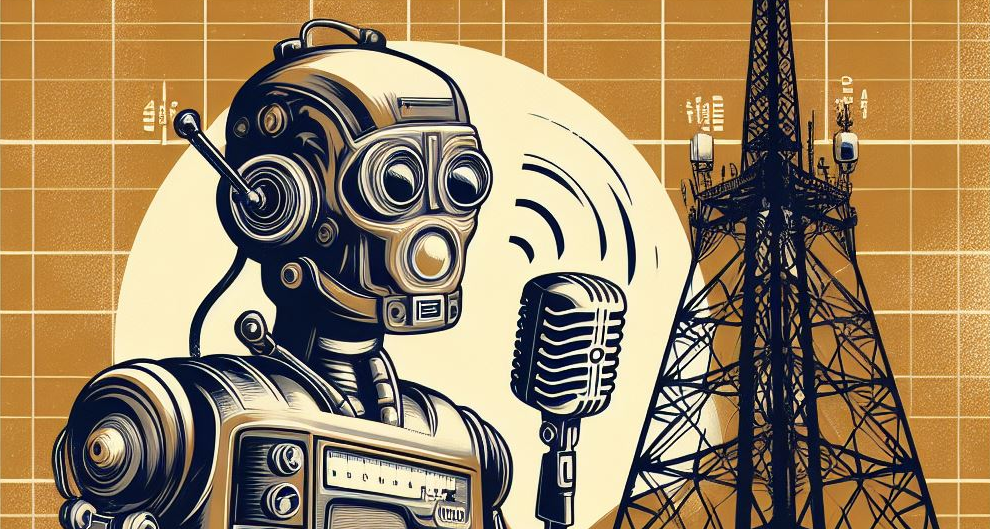Is AI killing Spotify’s playlist tastemakers?
Curated playlists once dominated, taking radio’s place for music consumption – now it might it’s turn to be replaced.
Once upon a time, radio was the place to go to discover new music. The station’s tastemakers – normally the DJ host themselves – found and played new music, making and breaking listeners’ next big thing.
Then music streaming changed everything. Playlists became the new radio with huge, on-demand offerings regularly updated by independent tastemakers and service’s own curators. They also changed the way we listen. Listeners weren’t just discovering their music from playlists, but treating it as their primary method of music consumption – detracting from albums.
But could AI be threatening the dominance of playlists?
In the last couple of years, Spotify have begun putting an emphasis on artificial intelligence and personalised recommendations. In 2023, Spotify launched its most ambitious tool yet. Their AI-powered DJ tool offers listeners their very own, personalised radio station complete with narrator.
Elsewhere, Spotify have been relying more on algorithmic based suggestions to present users with a personalised selection of tracks. One of their most popular playlists, Discover Weekly, presents a weekly selection of new tracks based on your tastes, devised by their algorithm. So, is this killing the tastemakers place on Spotify?
For now, there is still a large place for the curators of Spotify’s vast and varied playlists. But their popularity is dwindling. The once hit-making playlist RapCaviar has seen major labels losing streams at a rate of between 30% to 50%. This could also be down to the rise of independent artists and not solely an AI/algorithm problem.
General manager of independent dance label Armada, Dan Smith spoke on a playlist called Mint which one label had said they’d seen a reduction of 40% in streams from. Smith said: “Five years ago this was probably a top 20 playlist in terms of actual activity. Now you see the impact is quite a bit less.”
Spotify laid off 17% of their workforce in December last year. The push towards AI-powered offerings may not just be driven by consumer response but by Spotify’s need to cut costs to turn a profit.
However, they emphasise that human curation is still important. Spotify’s global head of editorial music, Sulinna Ong, wrote in an email that “editorial playlists are critical to the Spotify experience and will always be”.
She continues: “There is a larger audience listening to playlists on Spotify than ever before; this growing group of listeners have increasingly diverse tastes. Spotify is meeting that consumer demand and, as a result, more artists are being discovered and building long-term audiences on the platform than ever before.”
Whilst AI-powered tools for music discovery may become the primary destination for listeners, it doesn’t mean the end. Radio still holds on to popularity and regular listeners after more than 15 years of music streaming growth.
Dan Smith adds: “The way fans discovered new music was radio back in the day, then Spotify editorial playlists, then there were a few years where people only discovered new music through TikTok. All those things still work… we’re all just trying different ways to make sure songs get to the right people.”
